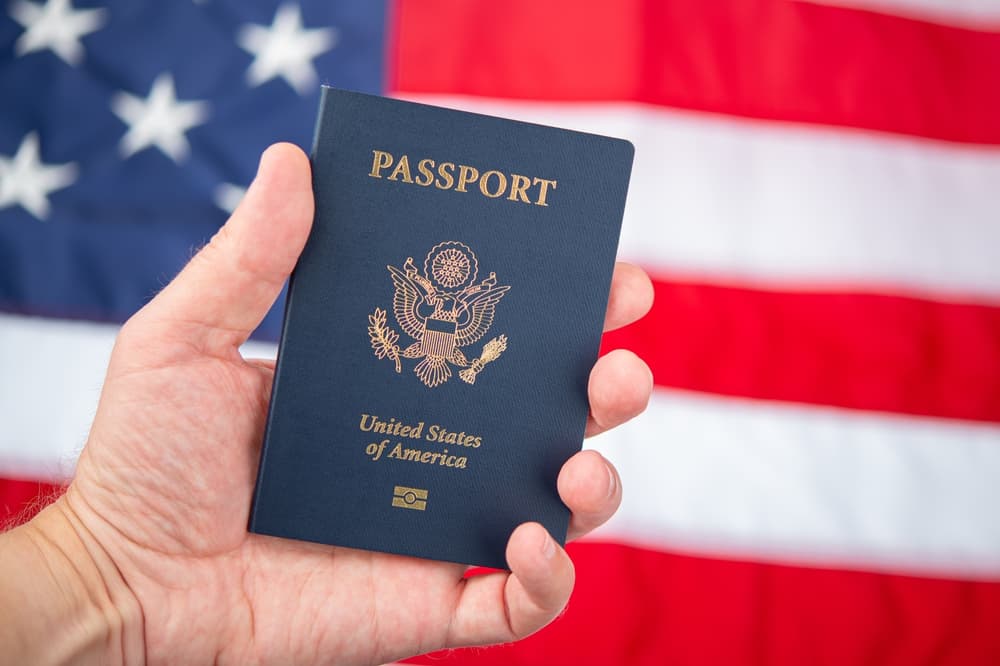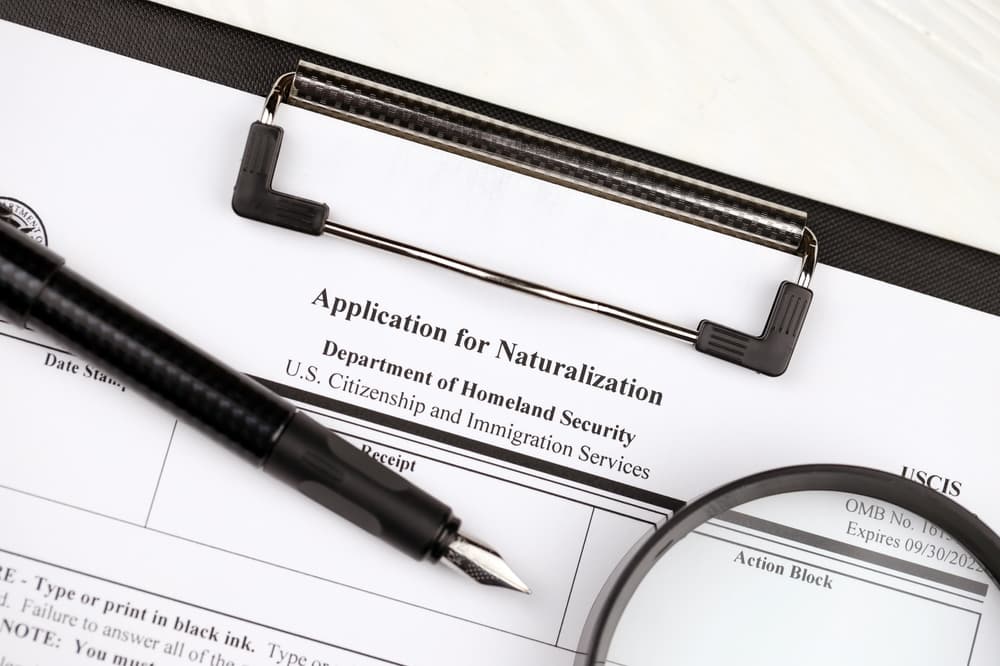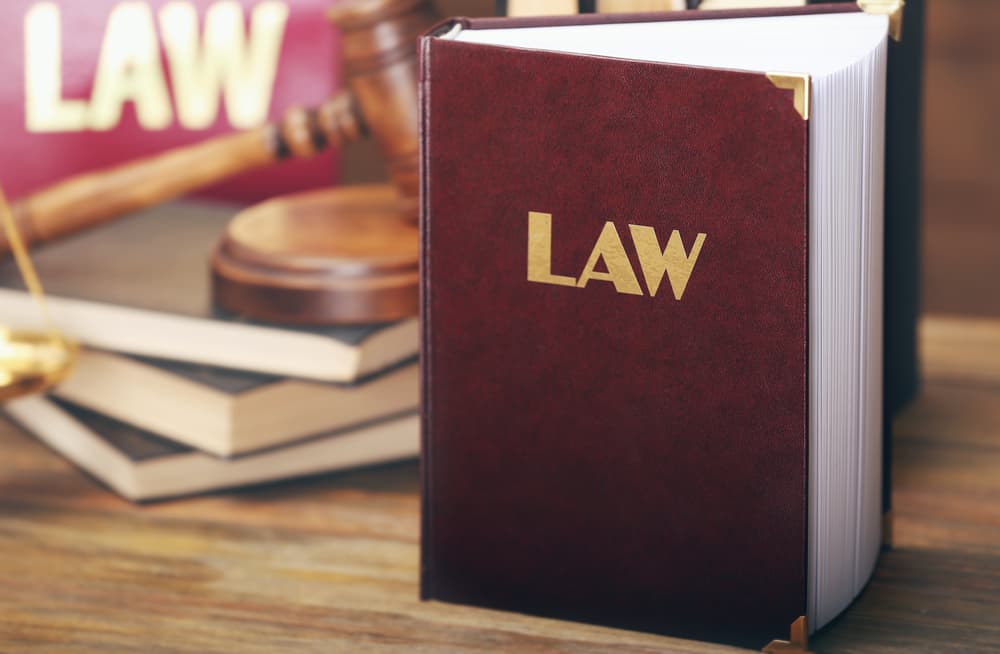A drunk driving conviction does not necessarily mean you cannot get a passport. However, some countries may reject people with DWIs from entry, especially if the charges are severe or other circumstances are involved in the case.
Don't drink and drive if you want to travel outside the U.S.. That's why you should consult with a DWI attorney if police arrested you for the crime.
Better yet, avoid an arrest for DWI altogether. Even if you can get a passport, you can still have trouble getting into nearby countries like Mexico or Canada after a DWI.
The fact that you can obtain a passport with a DWI should not undermine the seriousness of the offense. Drunk driving charges come with heavy penalties, including revocation of your driver's license, hefty fines, and jail time or incarceration.
When charged with the offense, you should always retain competent legal representation. Turn to an established law firm to safeguard your rights and guide you successfully through the court system.
Schedule Your Free Consultation
Factors That May Disqualify You From Obtaining a U.S. Passport
While a single DWI conviction will not make you ineligible for getting a U.S. passport, other factors can contribute to a denial of the document.
For example, certain court orders, such as being in arrears on your child or spousal support, or having a previously revoked passport prevent you from getting a passport.
These restrictions safeguard the country's interests and protect citizens against individuals who pose possible dangers.
Always seek legal advice if you have concerns along these lines.
International Travel Limitations With A DWI Conviction

While you can obtain a passport with a DWI conviction, some countries outside the U.S. enforce tight rules on allowing the entry of foreign citizens with criminal records, including DWI.
Mexican law does not recognize expungements or pardons from other countries. So, even if you had your conviction expunged or pardoned, it will still count against you if you try to enter Mexico while traveling.
Other Countries That Frown on DWIs
Other countries that are known for taking a strong stance against people who have committed alcohol-related traffic offenses include the United Arab Emirates (UAE), Iran, and China.
Also, Japan prohibits people with DWIs from entering its boundaries for ten years after the completion of a sentence. And, if you want to travel to Malaysia, you'll have to forget. People with DWIs cannot enter the country.
Before making any arrangements concerning overseas trips, learn more about possible restrictions. An American consulate office or embassy will help you determine what to expect when traveling internationally if you have had a prior arrest.
Traveling to Mexico With a DWI Conviction
Again, Mexico has strict rules on admitting people with drunk driving offenses into the country. In most cases, individuals with a DWI conviction within the last ten years cannot enter the country. So, if you have a DWI, Mexican authorities may turn you away at the border.
Getting into Canada with a DWI Conviction

Canada has strict rules on admitting people who have been convicted for DWI into their country, too. However, they do have procedures in place that may still allow you to visit the nation. To enter Canada with a DWI on your record, you must apply either for a Temporary Resident Permit (TRP) or criminal rehabilitation.
If you apply for a TRP, it's not exactly an easy process. So, if you have multiple felonies or several U.S. federal arrests, the chances are slim that you'll receive the permit.
Otherwise, you might opt for a Criminal Rehabilitation process. To go through this program, you must convince an official that you don't pose a threat. The eligibility and requirements vary, depending on the seriousness of your offense and when you were convicted.
If you are planning on traveling to Canada and have a conviction for DWI, you must begin applying for either a temporary residence permit or criminal rehabilitation well in advance of your proposed travel date.
Either of these two processes tend to take a long period of time to complete. Besides getting advice from a criminal defense DWI attorney, you may also need to consult with an immigration attorney familiar with Canadian laws.
Risks of Deportation After a DWI Conviction for Non-Citizens
DWI charges may also raise concerns over deportation among non-citizens living in U.S. states, apart from jail or prison sentences. While the U.S. government may not order you out of the country after a misdemeanor DWI offense, certain situations may lead to removal proceedings.
For instance, after a felony DWI or drug-related impaired driving incident that led to serious bodily harm or death, you may face deportation after you complete your incarceration.
Needless to say, the skills of a DWI attorney who understands the immigration process will help if you face deportation for a DWI arrest.
DWI Convictions and U.S. Citizenship Applications

A conviction for drunk driving can create significant barriers to obtaining U.S. citizenship if you hold a green card as well.
The federal government sets stringent requirements before granting naturalization, which include that you can demonstrate good moral character. Therefore, any indication of bad behavior - having multiple criminal records, including DWI, may not work in your favor during the evaluation process for citizenship.
Although a single conviction does not automatically disqualify you from becoming a U.S. citizen through the naturalization process, it complicates matters and increases the chances of an application denial.
If you have a DWI conviction and are a green card holder looking to apply for U.S. citizenship, consult an attorney. They can explain your conviction's effect on your application and advise you on how to proceed. For instance, you might need to undergo a rehabilitation program and wait a while before applying for citizenship.
Retaining a Passport Following a DWI Conviction
Again, you won't lose your passport if you get convicted for DWI. However, your conviction may limit where you can travel. For instance, if authorities release you on your own recognizance (ROR) or you receive probation for a DWI, you usually cannot leave the U.S.
The conditions set during a release or probation include refraining from traveling outside the country, so you must observe the rules. Otherwise, you can face new charges if you overlook these rules.
That's why you need the advice and help of a DWI lawyer when you have questions about travel.
The Role Played of a Defense Lawyer In A DWI Case

DWI charges can lead to some real concerns about getting around - not just in your neighborhood but traveling inside and outside of the U.S. That's why you need a criminal defense lawyer.
Your lawyer will fully explain the legal process, take care of the filing details, and ensure you realize better results. They can help during an especially stressful time.
Schedule an Appointment with a DWI Lawyer Now
Defense lawyers focusing on drunk driving charges advocate for their client's rights throughout the legal process. If police arrest you for a DWI, contact a DWI criminal defense attorney as soon as possible.